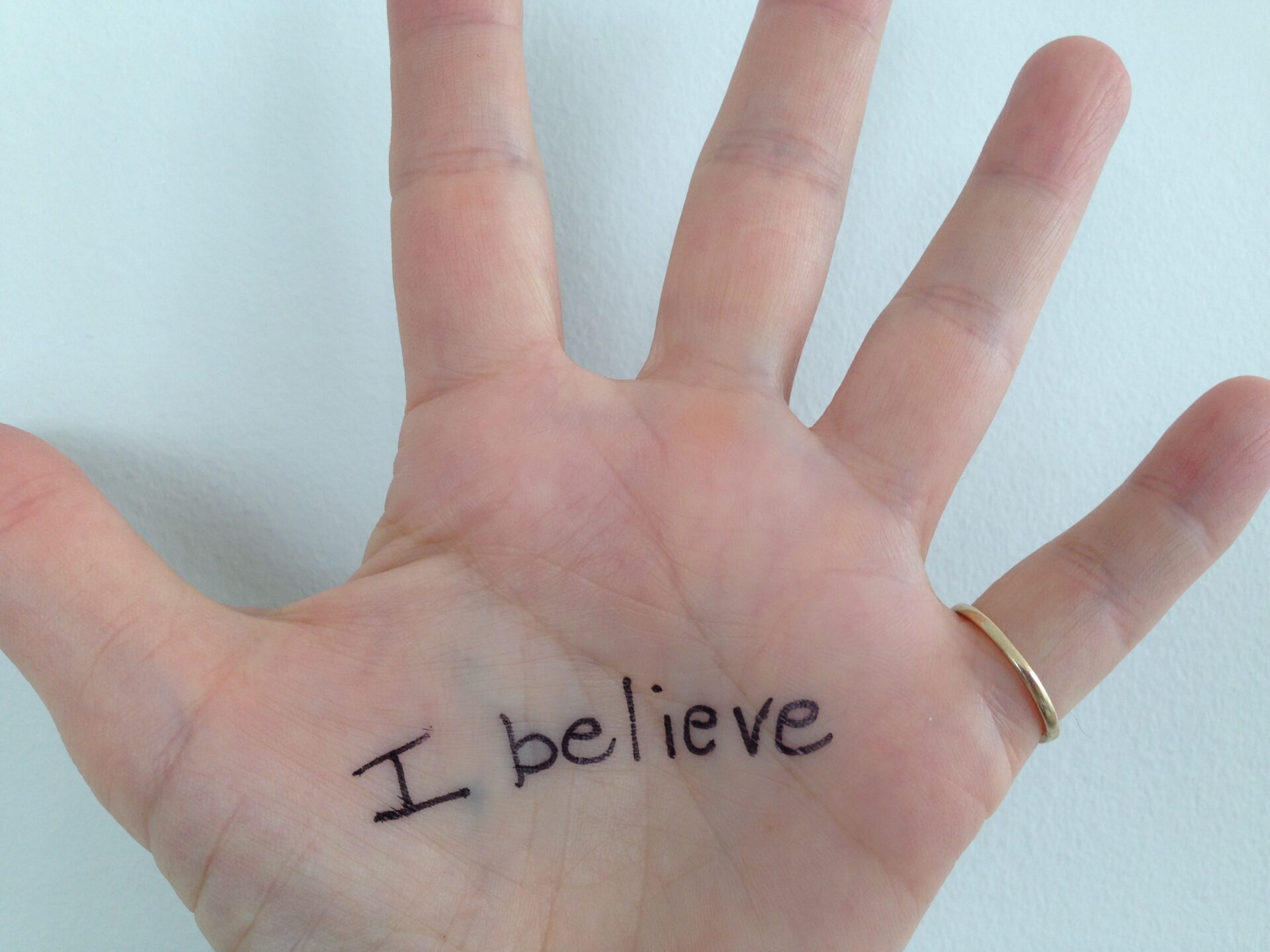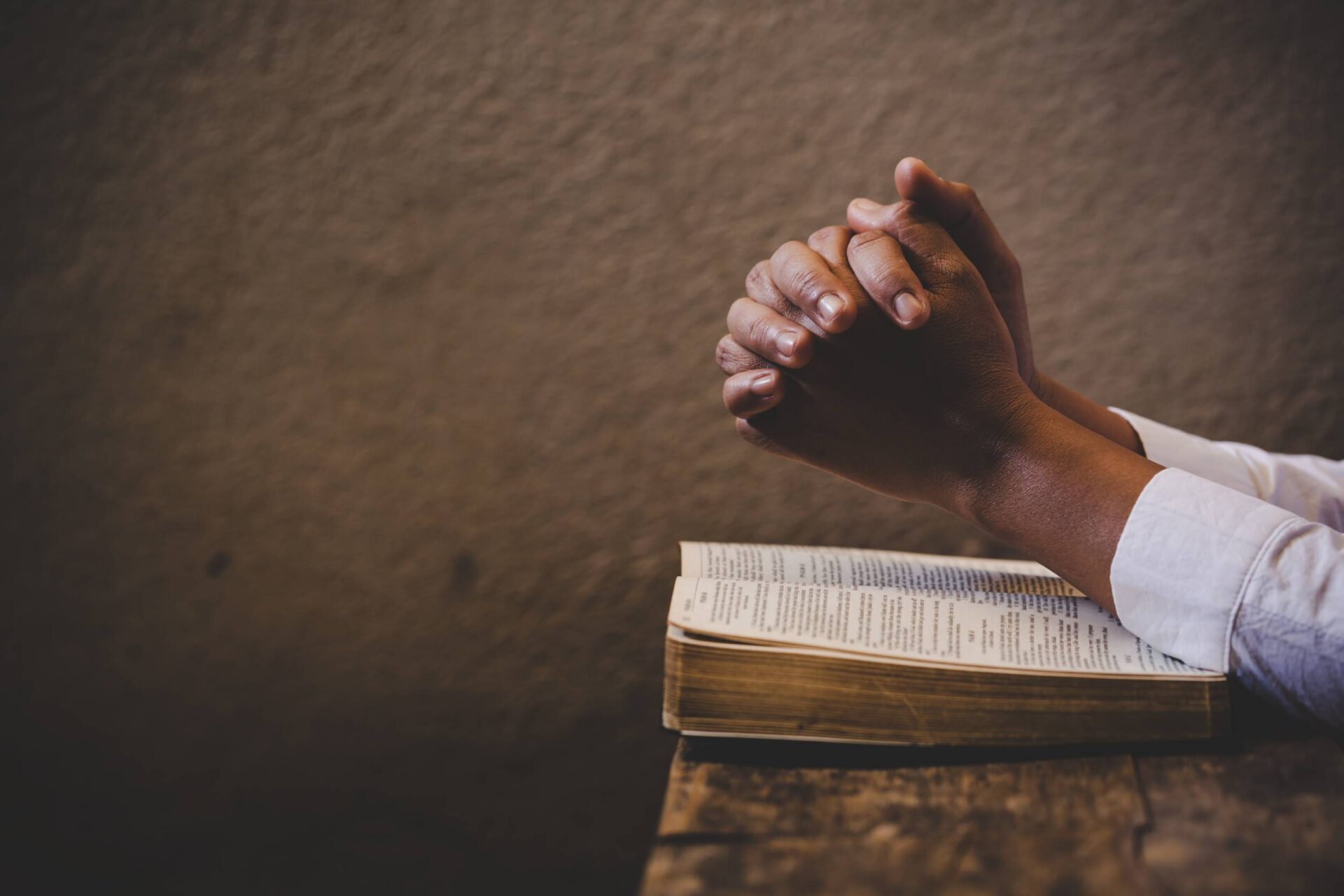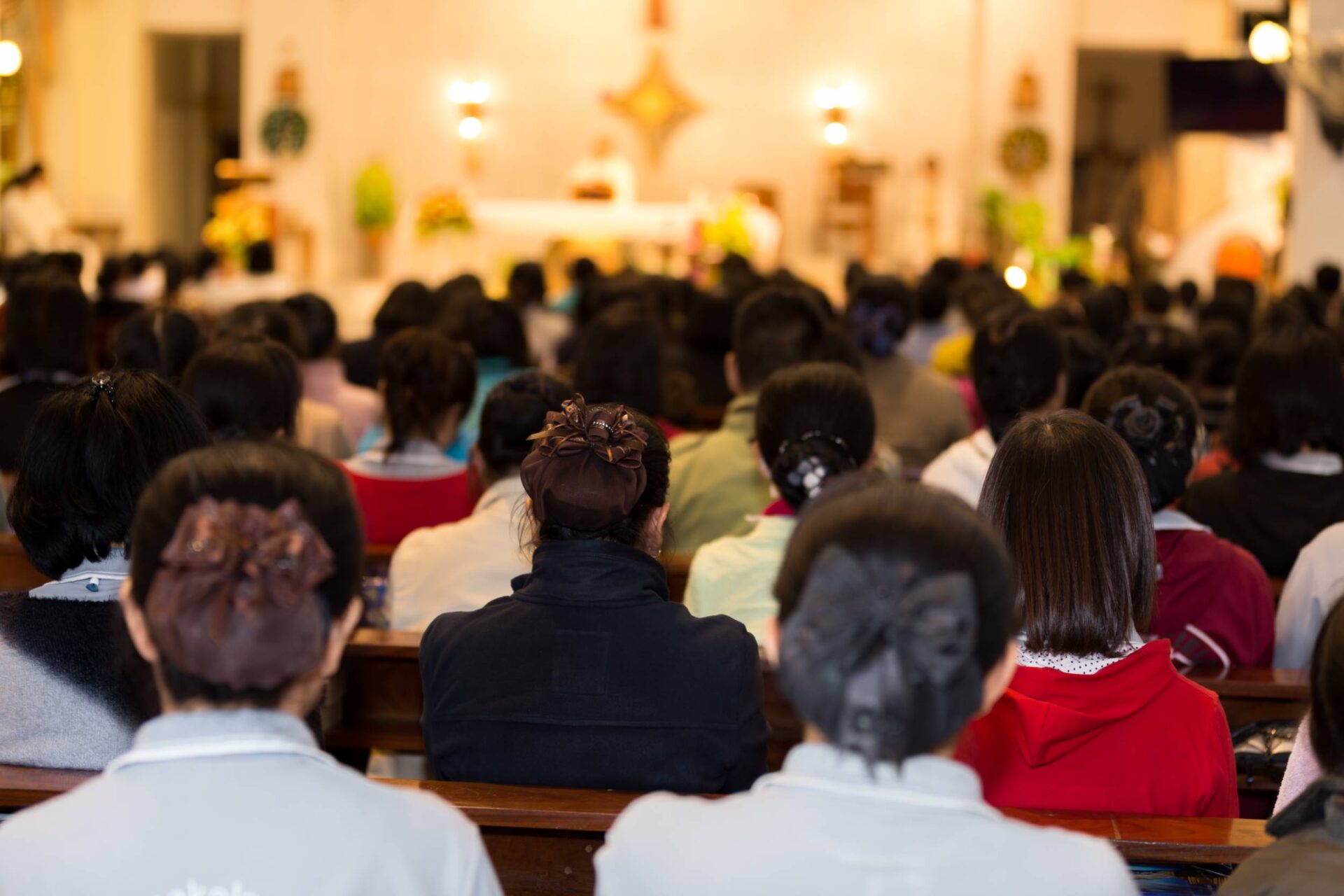We believe in our parents when they help us with our problems before we have even spoken about them; in our teachers, who educate us with such dedication. We trust in the ability of the nurse who takes our blood and in the judgment of the salesgirl who tells us that the item of clothing is the right size for us.
We believe that there is justice, that good is more desirable than evil, and that love is not just biology. Because believing is something that belongs to the human being, inaccessible to the rest of the creatures. It is based upon this basic principle of belief and trust, something fragile but also strong. It reveals much about us as human beings, especially as Christians.
It implies humility: accepting that we do not know everything; that we are absolutely dependent on others and on Another. Believing is recognizing that there are affirmations which are not always based on proof, but on an intuition or an act of faith. It also implies doubt. Since we do not have all the knowledge, we have to believe what others say but in the context of doubt.
Even if we do not like having doubts, they are usually the best sign that our faith is healthy. If there are only absolute certainties in what we believe, we are not invited to continue searching and growing in our faith.
Faith involves trusting, even in the midst of fear and loneliness. It’s impossible to verify every piece of information that we are taught in class, to continually guess if the nurse has registered our details correctly. Reality tells us that we can never know everything. Hence, there is an indispensable gap that each person is obliged to fill by trusting in something or someone. Some put their trust in money, others in politics, some in pleasure. And Christians…?
We try to believe and put our trust in God, knowing that it is not easy. In this matter, we cannot demonstrate with empirical facts that God exists but neither can the opposite be proven.


